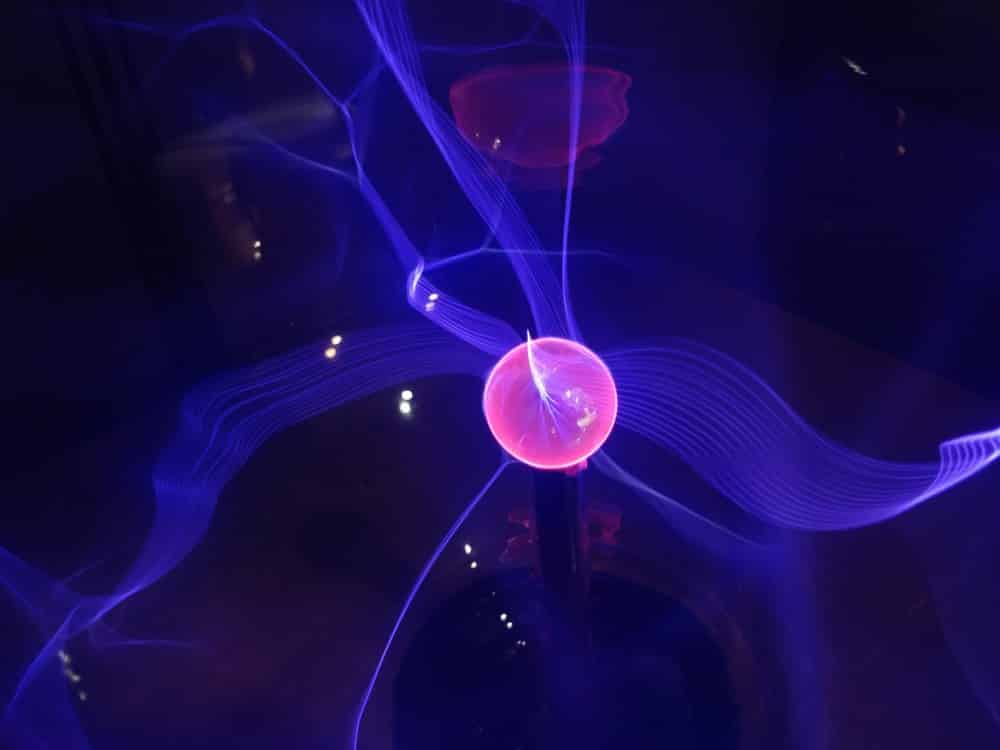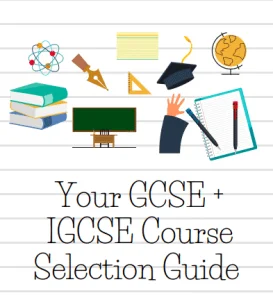Doing well on your IGCSE physics can often seem hard. You must put in an effort to do well and there aren’t too many shortcuts to get a good final grade – it requires work. However, there are certain tricks and tips which can help you make your studies more enjoyable and help reduce the time you need to dedicate to learning physics in a classroom.
1. Take your studies into the real world
Learning about energy, electricity, forces or even worse – particle models may seem like learning about abstract things, far from our everyday interactions with the world. However, they are not – the abstract knowledge you learn in class is the ground bases of every digital and mechanical construction in our world. Every mobile phone, computer and car has been designed by somebody who made their first steps into understanding our physical world at a young age – just like you are doing now.
Therefore, try explaining the natural phenomena you encounter in your daily life to your friends and parents. For example, while you are drinking tea with your parents, you can tell them the story of the heat energy in your cup – how it started up as solar energy, was transformed into fossils, then heat needed to run a power plant to produce electricity, and then back to heat again in your kettle to give you the delicious cup of tea. Similarly, you could talk about the movement of electrons in the wires to talk about electricity and explain what is meant by current and resistivity. And seeing tea mix with water you could tell about the atomic nature of our universe, through showing your parents Brownian motion of the tea, as it seemingly mixes itself!

Consider the physic-related intricacies of daily life!
The point is to get you excited and making real world cionnections with what you learn in the class – in the scenario described above you would manage to answer three typical exam GCSE physics questions – and associate the context of these questions with the real world. It’s a lot better and easier to do and to see, rather than just memorize stuff from a coursebook!
2. Have a chat with your IGCSE physics teacher after your class
After your physics class ends, stay behind and ask your physics teacher questions about the real life applications of what you have learned in class that day. The goal again is to associate your learnings with real world implications and topics which you are interested about.
Say, you are really interested in politics, but physics rather bores you. When talking about nuclear energy in class you could stay behind and ask your physics teacher about the regulations and uses of nuclear power plants in your country. With any luck you will have a conversation with your teacher about how the safety of nuclear power stations has increased drastically over the last few decades, but how the public opinion and past events like Chernobyl and Fukushima make building new plants politically infeasible in many parts of the world. Again, you would make connections between physics class, real world and what you are passionate about – helping you recall information better for the exam, and more importantly, gaining understanding and topics to expand upon in future conversations.
True, this tip requires your physics teacher to be the talkative type. However, no matter how serious your teacher may look like, give it a go – there is nothing to lose. Similarly, you can have similar conversations with your tutor – they will be more than happy to have a conversation about topics adjacent to the lesson material to help you make interdisciplinary connections.
3. Maintain a revision and formula sheet
Making a revision and formula sheet can be an extremely beneficial part of your study process and help you cut time off your exam revision.
Firstly, the process of taking notes by itself serves provides a learning opportunity – by writing out the material, you focus more on areas that are new, unclear and confusing to you. This way you clarify the confusing topics and parts of the syllabus, essentially by teaching yourself! You can add diagrams, small drawings, anything that helps you understand the problems at hand.
In Physics, an important aspect of this is writing out the formulas and making sure you know how to use them. A good way to do this is to write out the formula in big letters, and then use colourful arrows to represent what each of the variables mean, along with the units to be used.
For example, while learning about Newtons second law you can write with large letters F=ma, and then denote each of the variables with arrows:
F – total force experienced by the body in question, measured in Newtons(N) It acts in the same direction as acceleration.
m – the mass of the body in question, measured in kilogrammes(kg).
a – acceleration of the body in question, measured in (meters per second squared (m*s^(-2)).
You could also illustrate the equation with a drawing of a ball, showing two parallel arrows noted as F and a and denoting the ball with the letter m.
As you can see, a three letter equation can turn into a paragraph of text and a drawing – and that is the goal! Expanding upon short formulas makes you understand what is the meaning behind the letters in an equation, and help you apply this during the exam.
Secondly, you should pay close attention to the quality of your notes. There is no value in taking scribble notes, only to realize that the notes can’t be used for learning, a few days before the exam. Therefore, use clear handwriting, make an effort to clearly structure the revision sheet, noting it with relevant titles. And lastly, don’t be reluctant to discard a page to write it again – after all it is all about practice.
The importance of revision sheets really can’t be stressed enough – the use of revision sheets were an inseparable part of my studies and helped me reduce the time I revised before the exams – still leading to achieving better grades than my peers.
Want to know more about choosing IGCSE courses? Click above for our free guide!
4. Teach a friend
There is no better way to hone your understanding of IGCSE physics than to teach a classmate who is struggling to keep up. Through teaching, you discover gaps in your knowledge and develop a better understanding of the subject yourself. You will learn how to be consistent and avoid gaps in your logic.
While first teaching you may find yourself struggling on how to best explain the material, often making unclear jumps in logic. That is okay – it’s a part of the process! Developing the skill of explaining complex concepts to other people goes far beyond your school years – you will find that your professional life you will often have to explain something to your managers, subordinates or team mates. Being engaging, understandable and clear gives you a clear edge over the ones lacking this skill. The act of making complex simple is a form of art – “If you can’t explain it simply, you don’t understand it well enough,” has Albert Einstein said, and he is certainly right.
5. Don’t cut corners
Skipping homework, cramming material before a test, or even worse, copying your classmates work may seem like a good way to free up time. However, the true dangers of cutting corners go far beyond that a letter to your parents, or a bad grade ever could.
If you are not consistent in your studies you set yourself up for failure. True, you might get good grades in a few physics test through cramming. However, when it comes to the final exam, there is no way to learn the material overnight, or even in a few weeks, and your dreams of a good university will be in danger. New knowledge in physics is built on the bases of the old one – so if you lack the knowledge from a few lectures you will no longer have the same base understanding as your peers – making paying attention in class and doing homework even more difficult.
The key to being successful in IGCSE physics is consistency. Therefore, set aside a few hours every week to work independently. Make an effort to keep up with your course, and don’t be afraid to seek help. Being consistent really goes a long way to propel you to success in your physics course. Trust me, it is amazing what results and leaps of understanding committing a few hours a week can produce over a longer period of time.
And there we have it, 5 top tips to help you boost your IGCSE physics! Still need some assistance, check out our tips for IGCSE chemistry too!
Want more IGCSE tips? Check out our recent blog!




